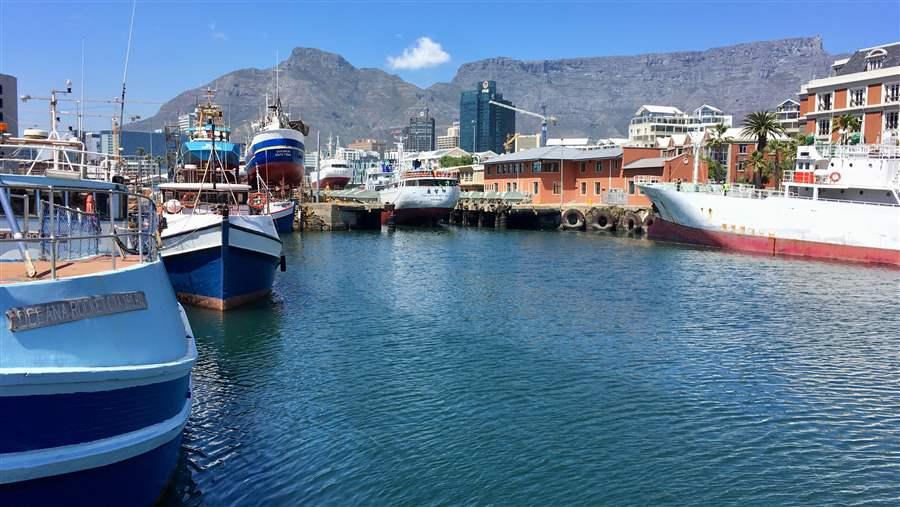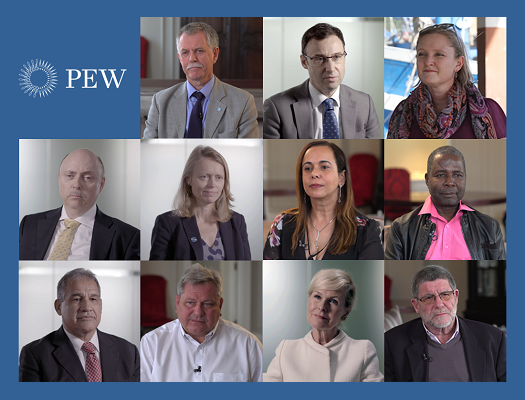The Cape Town Agreement
International standards for fishing vessels can boost safety and help identify illegal fishing
Illegal, unreported, and unregulated (IUU) fishing jeopardizes the health and sustainability of the world’s fisheries, undermines the livelihoods of law-abiding fishers, and is widely associated with crimes such as piracy, human trafficking, and arms and narcotics smuggling.
Evidence shows that in an effort to maximize profits, operators who fish illegally or under-report catch often do not sufficiently invest in on-board safety equipment or abide by regulations governing vessel modifications. They may also operate for extended periods of time without undergoing safety inspections, are more apt to fish in dangerous weather, and are less likely to maintain decent working conditions.
The 2012 Cape Town Agreement, adopted by the International Maritime Organization (IMO), outlines design, construction, and equipment standards for fishing vessels of 24 meters or more in length and details regulations that countries that are party to the agreement must adopt to protect fishing crews and observers. It also calls for harmonized fisheries, labor, and safety inspections.
The agreement will enter into force once 22 States, with an aggregate fleet of 3,600 eligible fishing vessels, become parties to it. Its implementation will complement existing treaties, like the Port State Measures Agreement, and could serve as a vehicle for mandating IMO numbers and automatic identification systems on fishing vessels. These measures would enable States to accurately identify and track vessels, improving transparency and providing a means to assess vessel safety and crew welfare.
Putting these elements in place will make it easier for countries to deter IUU fishing, identify and investigate fishers who operate illegally, and help ensure that crews have safe and decent working conditions.














